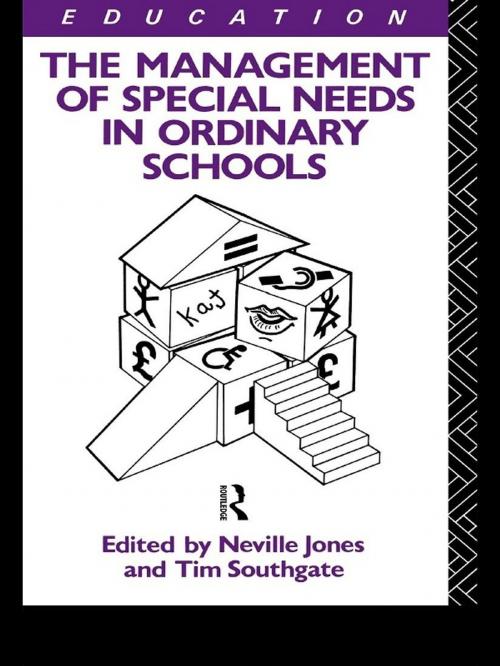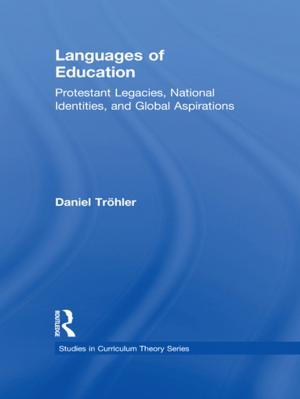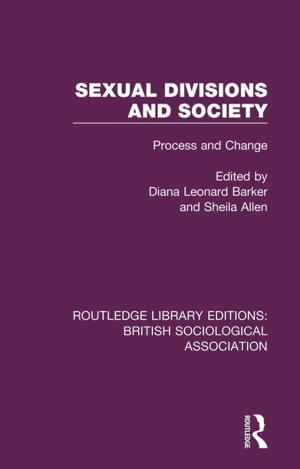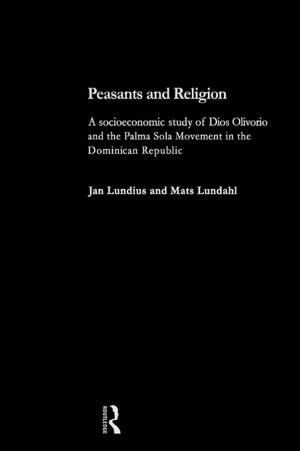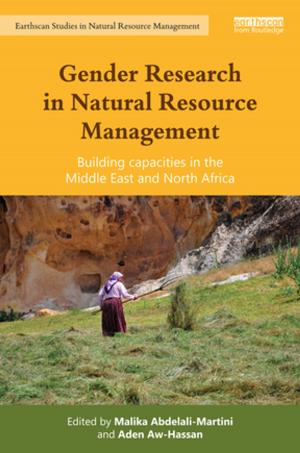The Management of Special Needs in Ordinary Schools
Nonfiction, Reference & Language, Education & Teaching| Author: | ISBN: | 9781134938452 | |
| Publisher: | Taylor and Francis | Publication: | November 1, 2002 |
| Imprint: | Routledge | Language: | English |
| Author: | |
| ISBN: | 9781134938452 |
| Publisher: | Taylor and Francis |
| Publication: | November 1, 2002 |
| Imprint: | Routledge |
| Language: | English |
The management of special needs, especially those of students of secondary age, has received considerable attention in the past decade and, in the light of the new education legislation, will assume a new urgency. The Management of Special Needs in Ordinary Schools provides an overview of the issues facing teachers in secondary schools with pupils who have special needs. These issues include managerial and curricular problems, in-service training, the use of new technology and developing community links. The book also illustrates the changes in thinking and practice since the publication of the Warnock Report, Special Educational Needs (1978). The contributors range from teacher to chief education officer, and include headteachers, psychologists, advisors and administrators, as well as those involved in educational research. Drawing on their experience in the mainstream and in special schools, at secondary level and in further education, their contributions reflect an active involvement in the development of new approaches within this area of education. The educational experiences of those with special needs can be considerably broadened and enhanced through imaginative management and skilful use of resources. The book therefore emphasises practical approaches to the day-to-day and longer-term needs of pupils with disabilities in ordinary schools. All those working within this area will find much of relevance to their own work.
The management of special needs, especially those of students of secondary age, has received considerable attention in the past decade and, in the light of the new education legislation, will assume a new urgency. The Management of Special Needs in Ordinary Schools provides an overview of the issues facing teachers in secondary schools with pupils who have special needs. These issues include managerial and curricular problems, in-service training, the use of new technology and developing community links. The book also illustrates the changes in thinking and practice since the publication of the Warnock Report, Special Educational Needs (1978). The contributors range from teacher to chief education officer, and include headteachers, psychologists, advisors and administrators, as well as those involved in educational research. Drawing on their experience in the mainstream and in special schools, at secondary level and in further education, their contributions reflect an active involvement in the development of new approaches within this area of education. The educational experiences of those with special needs can be considerably broadened and enhanced through imaginative management and skilful use of resources. The book therefore emphasises practical approaches to the day-to-day and longer-term needs of pupils with disabilities in ordinary schools. All those working within this area will find much of relevance to their own work.
